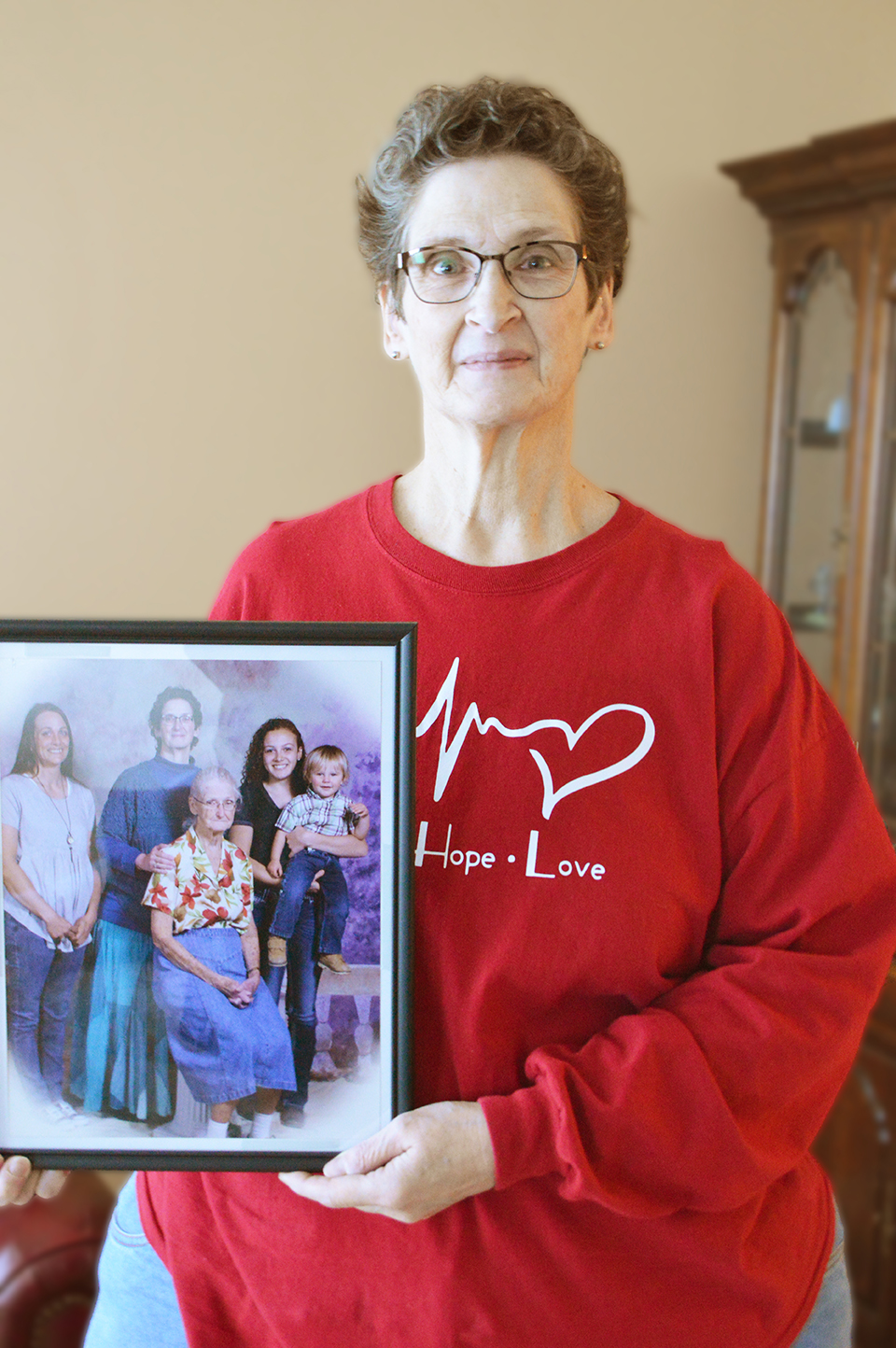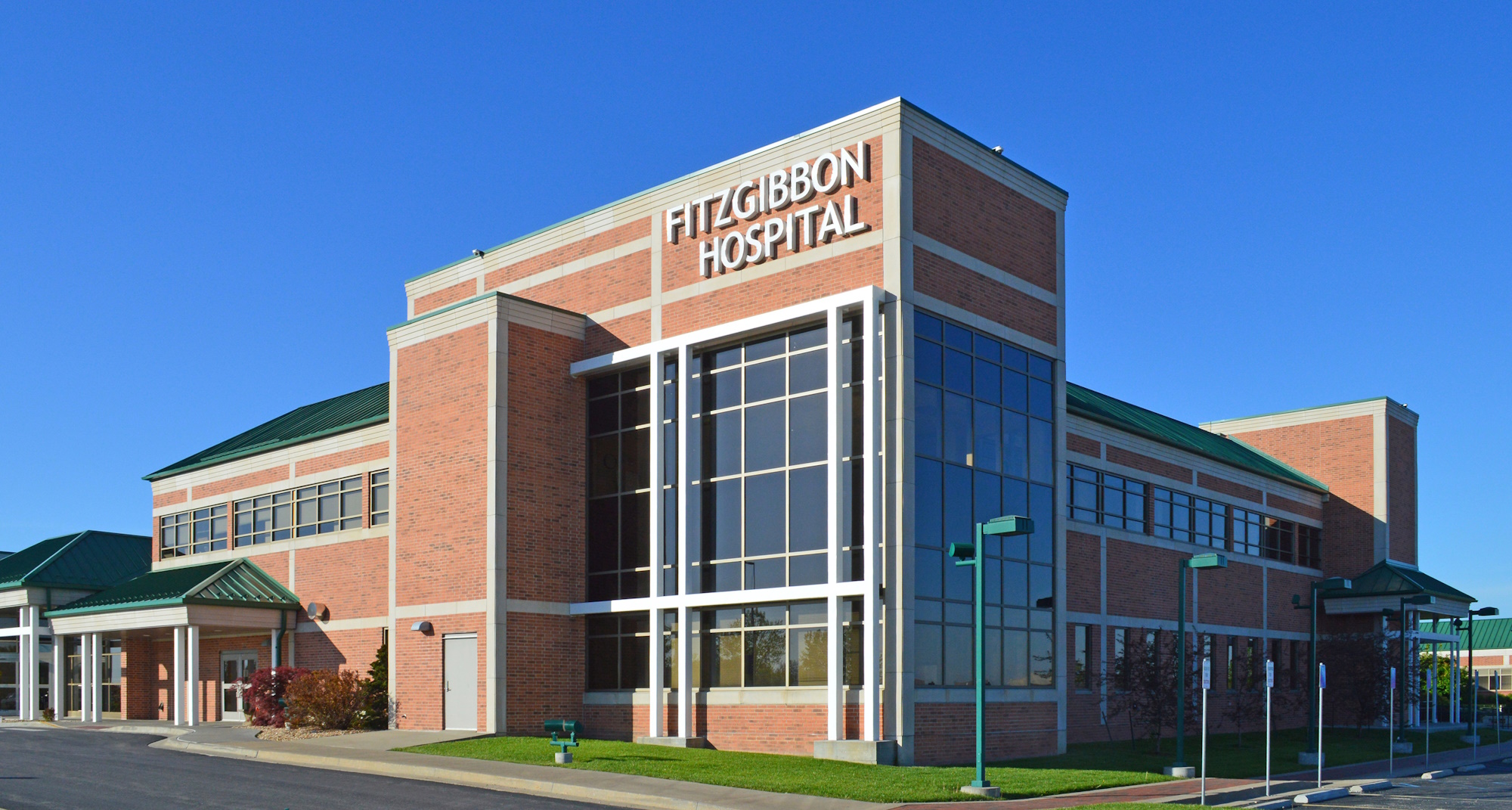
Pam Nichols
Grievers are everywhere you look. Even the person sitting next to you in the pew, or in line at the store, or in the seat next to you in the movie theater. For Marshall resident, Pam Nichols, losing her mother was a loss deeper than she had ever experienced or imagined. Nichols wanted to share her story so that others in the community can benefit from the upcoming Grief Recovery class which lasts for eight weeks, beginning March 2.
“My sweet momma died in October 2018. Our relationship was a close and happy one. I still don't have the words to describe my feelings; my devastation; the upheaval in my life,” said Nichols. “As those first few holidays passed, I was becoming a robot. Going through the motions with a pasted smile on my face, tending to the grieving family members on autopilot. Ignoring my own needs. Telling myself to give it more time and things will get better.”
To help her overcome the emotional pain she was feeling with the loss of her mom, Pam turned to comfort food. This choice to eat uncontrollably caused her to gain significant weight, but that was just part of the effects of her grief. She cried daily for hours, content with never leaving her home. One night, however, Pam realized that she would pass the point of no return if she didn’t seek help. She saw an advertisement in the Marshall Democrat News about the Grief Recovery Class at Fitzgibbon Hospital and the rest is history.
“I liked the idea of “recovery.” Grief Recovery was my lifeline, my road back to the land of the living. I am a person of faith but that didn’t seem to be enough,” said Nichols. “I learned so much, and gained the ability to understand my unique, individual grief. The class gave me the tools to deal with my past, current and future losses sensibly, and without harm to myself. I still have the handbook, every note I took, every homework assignment, and every piece of paper. They are priceless.”
Nichols is no stranger to adversity in her life, which makes the struggle she faced with the loss of her mother even more descriptive of the pain she was in. Nichols has lived with a hearing impairment since she born. With more than 98% hearing loss in both ears, Nichols has to read lips in order to communicate with others. Nichols has mobility issues as well. Fortunately neither of these challenges kept her from coming and learning how to manage her emotional struggle.
“The use of charts, handouts and the book made my auditory impairment a non-issue. I had no trouble understanding or comprehending at all,” said Nichols. Secondly, I require a seated walker. Fitzgibbon Hospital has ramps, and the elevator took me to the classroom floor. I never felt uncomfortable or embarrassed.”
The process to becoming unstuck from the grief that captures us is just that; a process. Many times we seek to read a book, or search the internet for ways to overcome the hurt we feel after a loss, but grief pours out of a broken heart, not a broken mind. Individuals can read true statements, but they will feel hollow because those statements don’t sink-in to the source of the grief.
“Every week was a new stepping stone, building on what was learned in previous lessons,” said Nichols. “Truth hurts, but truth heals. Don't miss any sessions if possible, because it all comes together in the end. My burden of grief shifted from a heavy, suffocating weight to a lighter, more manageable load and I could BREATHE!”
Nichols also wants the community to know that there truly is light at the end of the process if folks will step out and seek help.
“I would encourage anyone who has experienced any type of loss to attend the first informational meeting,” said Nichols. “We accumulate loss and grief during our lifetime. You owe it to yourself to give this class a chance. You will be amazed. The process, concept and activities will bring you out of the confusion into a more manageable way to grieve. I am so thankful this community has an opportunity to receive help in a respectful, professional, and confidential setting. Everyone in this class is there for the same reason, to learn to recover from grief, regardless of the cause. You have nothing to lose, and everything to gain. It will save your life. Trust me, I know.”
The Fitzgibbon Hospital Grief Recovery Program starts another 8-week group at 6 p.m. on Monday, March 2 in the classroom suites on the second floor of Fitzgibbon Hospital. There is no cost for the class thanks to memorial contributions to the Fitzgibbon Mary Montgomery Hospice Memorial Fund. The class lasts for eight weeks and then begins again with a new group. For updates on when classes will form, visit www.fitzgibbon.org/grief. For more information, you can also call Richard DeFord, Certified Grief Recovery Specialist at (660) 831-3235.



.png)